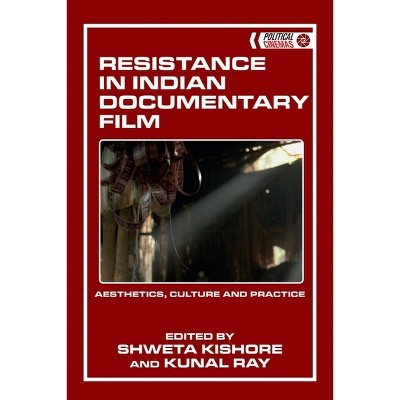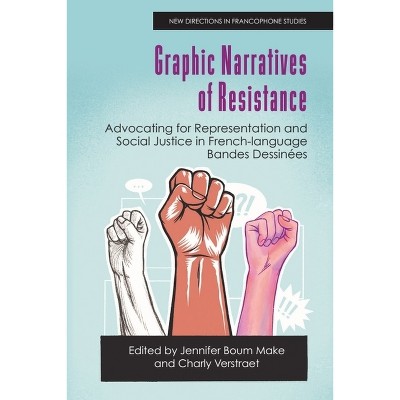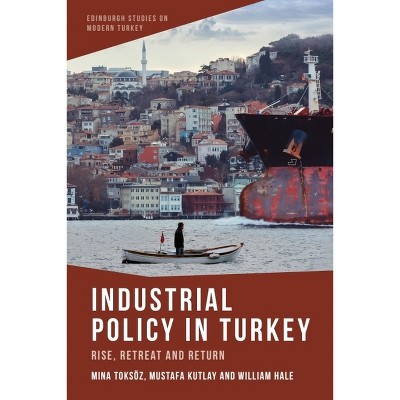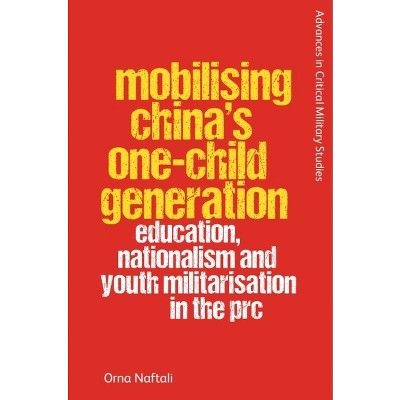Unemployment and Resistance in Tunisia - (Disruptions) by Saerom Han

About this item
Highlights
- Saerom Han provides a reassessment of Tunisian democratisation by exploring why and how unemployed protesters became articulated with the so-called 'War on Terror' within a liberal democratic framework.
- Author(s): Saerom Han
- 208 Pages
- Political Science, World
- Series Name: Disruptions
Description
About the Book
The first attempt to critically examine the relationship between democratisation and securitisation in Tunisia.
Book Synopsis
Saerom Han provides a reassessment of Tunisian democratisation by exploring why and how unemployed protesters became articulated with the so-called 'War on Terror' within a liberal democratic framework. This book is the first attempt to critically examine the relationship between democratisation and securitisation in Tunisia. It also provides a novel way of thinking about socioeconomic protests in and beyond Tunisia by discussing how their rationalities and techniques can sustain and at the same time challenge the neoliberal regime of power.
Drawing on field research and a Foucauldian approach to democracy, resistance and security, this book situates the democracy-security nexus in the context of the neoliberal regime. It shows that the dominant counter-terrorism practices, rather than being a threat to democracy, partly served as a governing mechanism for a neoliberal modality of democracy by managing 'problematic' actors such as unemployed protesters who demanded radical changes in political and economic orders. This book also discusses how the protesters reproduced and at the same time challenged the ways that they were securitised, complicating the relationship between domination and resistance in post-2011 Tunisia.
Review Quotes
Dr Han has written a clear, closely argued and empirically well-grounded account of the contentious field of Tunisian politics since 2011. Against much of the so-called 'transitology' literature, it argues persuasively that securitisation, neo-liberal economic policies and systemic exclusions have been integral to the country's democratisation processes, even while continuing to provoke resistance.
--Charles Tripp, SOAS, University of LondonThis book not only successfully shows the connections between security policies, the War on Terror, and the resistance of the unemployed, but also problematises the claims of the protesters as simultaneously 'counter- conduct' toward and in accordance with state power to escape the stigma of 'terrorism' [...] Han brilliantly shows how being revolutionaries without alternatives can actually be the main achievable success in the neoliberal system and within liberal democracy.--Alessandra Bonci, Arnold-Bergstraesser-Institut "The Journal of North African Studies"
Shipping details
Return details
Trending Non-Fiction











